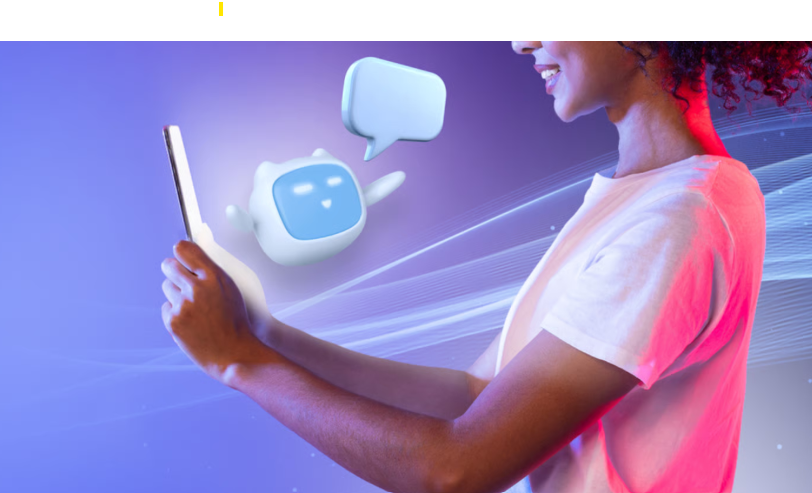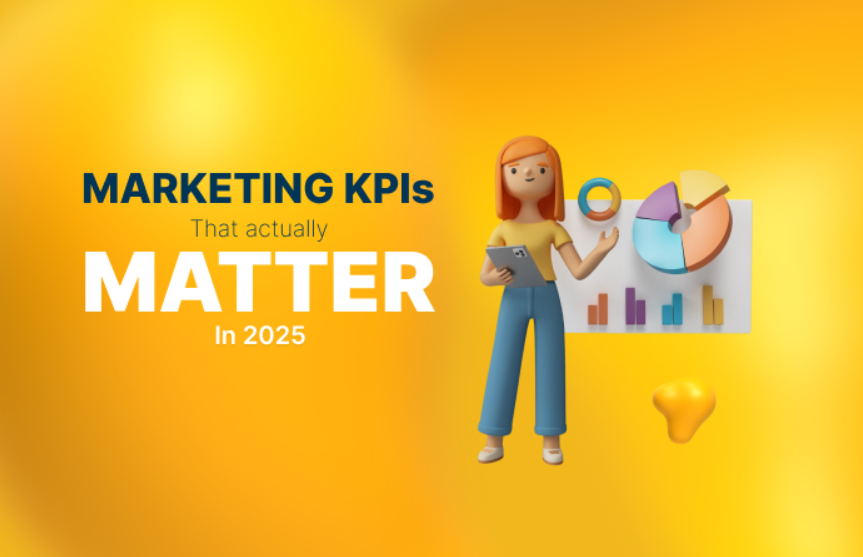Introduction
The rise of conversational AI is changing how companies engage with customers. Static FAQs and scripted demos are being replaced by dynamic, real-time interactions. In B2B sales and service, conversational experiences can shorten sales cycles, improve onboarding, and create deeper relationships.
Why This Matters for B2B
Complex solutions require explanation. Buyers often hesitate because they cannot visualize how a product fits into their environment. Conversational demos and support experiences bridge this gap by answering questions on the spot and adapting in real time.
How Conversational CX Works
- Interactive product demos: Prospects explore features in dialogue, not slides.
- Onboarding assistants: New customers receive personalized guidance step by step.
- Support bots: FAQs are resolved instantly, with escalation to humans as needed.
- Analytics: Every interaction generates insights for sales and marketing.
Strategic Guidance
- Deploy conversational AI in pilot programs with high-value accounts.
- Train teams to support AI interactions with empathy and expertise.
- Integrate conversational data with customer success platforms.
- Continuously refine scripts and flows based on feedback.
Risks
If not designed carefully, conversational systems can feel robotic or confusing. Transparency and fallback options are essential.
Conclusion
Conversational CX is the next frontier in customer engagement. B2B firms that master it will not only close more deals but also build loyalty through personalized, responsive service.






